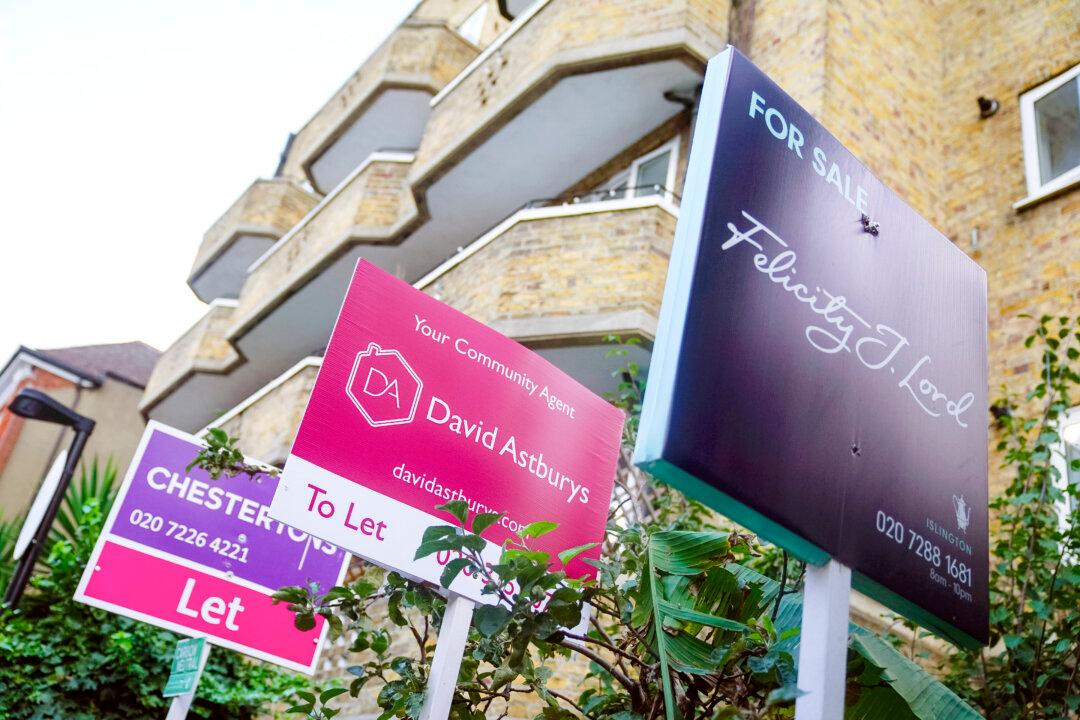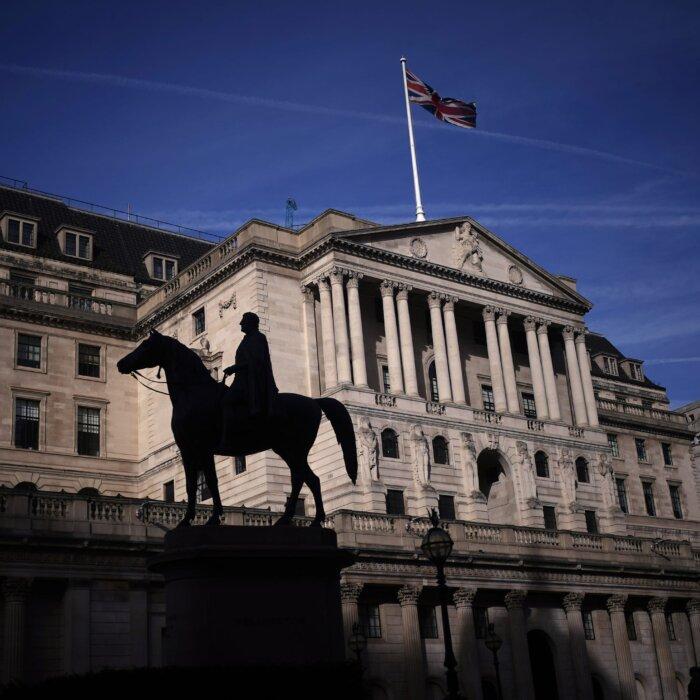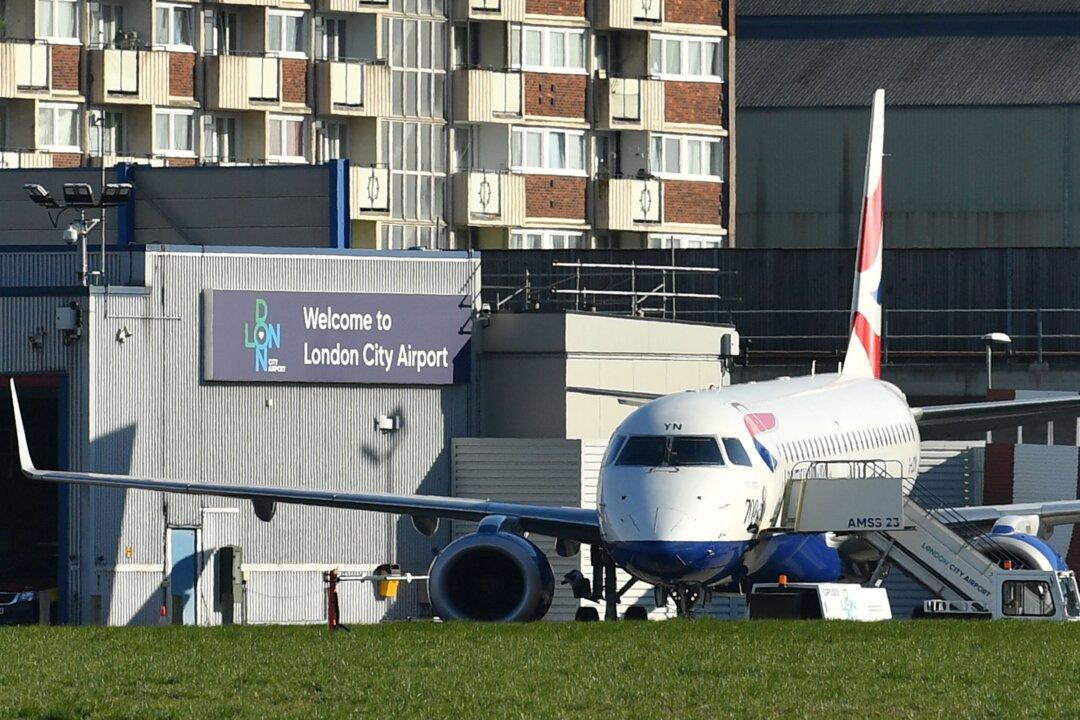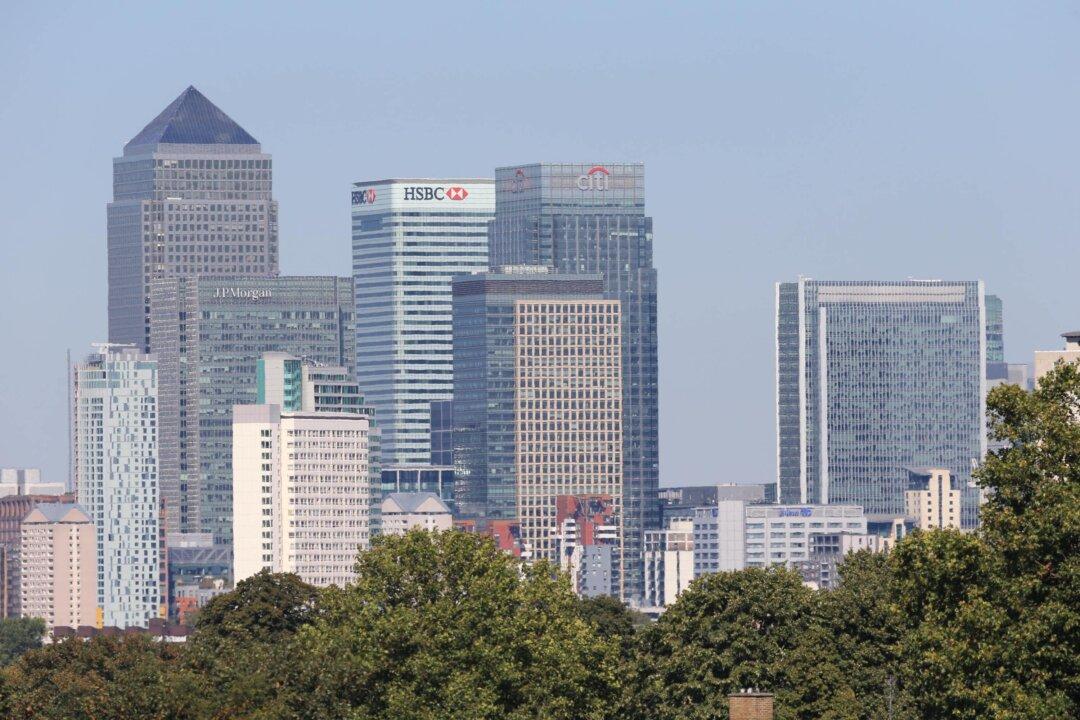The average first-time buyer mortgage payment has risen by 61 percent since the last UK general election in 2019, according to figures from property search website Rightmove on Monday.
Over the last five years the mortgage payment for a typical first-time buyer home has risen from an average of £667 per month to £1,075 per month.
Mortgage rates in the UK have steadily increased and remained at the highest rates since the global financial crisis of 2007–2008.
The Rightmove data show the rise in average mortgage payments for first-time buyers has more than doubled wage growth in the UK, which increased by approximately 27 percent over the same time period.
Tim Bannister, Rightmove’s property expert, said in a press release on Monday: “As rates have increased over the last five years, the amount that a typical first-time buyer is paying each month on a mortgage has outstripped the pace of earning growth.
“Some first-time buyers are looking at extending their mortgage terms to 30 or 35 years to lower monthly payments, or looking at cheaper homes for sale so that they need to borrow less.”
“If mortgage rates reduce, this will help first-time buyers in the short-term more so than election housing promises. We hope that the next government can support first-time buyers with well thought out policies, which address the difficulties of saving up a large enough deposit and being able to borrow enough from a lender.”
Rightmove said that over the last five years, house prices across Britain have jumped by almost 20 percent.
For example, first-time buyer homes in northwest England have seen a price spike of 33 percent since 2019, compared to 6 percent in London.
First-time buyers in the UK are facing an average cost of £277,757 for their own home, however the research showed that for those looking to get onto the ladder in the capital, the cost of a home can rise up to half a million pounds.
Rightmove’s calculations derive from assumptions that first-time buyers would be putting down a 20 percent deposit over a 25-year term, and would be taking out a five-year fixed-rate mortgage at an average rate.
Interest Rates
It comes as the Bank of England held interest rates at 5.25 percent last week.Despite Consumer Prices Index (CPI) inflation having slowed to the government’s intended target of 2 percent, the Monetary Policy Committee (MPC) voted for the second time in as many months to keep interest rates unchanged.
“For some members within this group, the return of headline inflation to 2 percent, while welcome, was not necessarily indicative of the required sustained return to target,” the MPC summary read.
Mark Harris, chief executive of mortgage broker SPF Private Clients told The Epoch Times in an emailed statement on Monday, “Getting on the housing ladder is virtually impossible unless buyers have some assistance from the bank of mum and dad.”
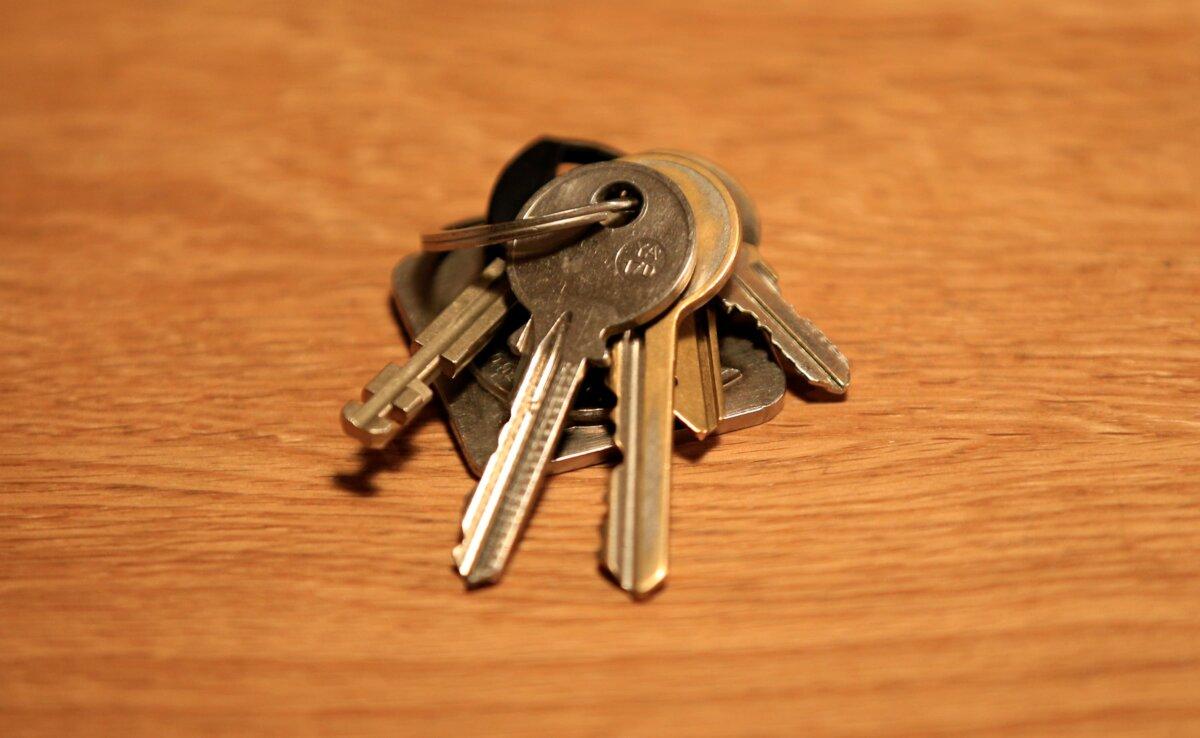
Mr. Harris believes the heavy reliance on family members is owing to a “significant gap between incomes and property prices,” as well as “soaring rents which make it difficult to save up for a deposit.”
“The majority of first-time buyers who come to us for mortgage advice have some assistance in the form of a cash deposit, a parent acting as a guarantor or taking out a joint mortgage,” said Mr. Harris.
“First-time buyers are getting older and taking out longer mortgage terms because this is often the only option if they want to get on the housing ladder.”
“Affordability is a huge concern for first-time buyers and is only going to get worse with rising rents and the high cost of living,” he added.
“A reduction in interest rates would help,” he said. “Plus the building of more homes that first-time buyers can afford, in places where they want to live, but it seems that housing is not being made the priority that it needs to be.”
Joint research by Zoopla and Ipsos released on Monday showed that 40 percent of voters in the UK think that parties do not focus enough on housing.
The report found that both homeowners and renters agree that the top priority for the incoming government should be the construction of more affordable homes, while private renters believe the priority should be controlling the pace of rent rises.
One third of respondents in the sample of over 1,100 adults across the UK said that helping first-time buyers get on the property ladder is a key issue, despite this group being the focus of the majority of proposed housing policies.
Richard Donnell, executive director at Zoopla, said in a press release: “British voters have high expectations from a new government on housing. The overarching response is: ‘Build more homes, but other things matter too’.”
“It is clear voters are well aware of the pressures on the housing market with reducing homelessness and rough sleeping and doing more to reduce empty and under-utilised homes in the top three priorities,” Mr. Donnell said.
